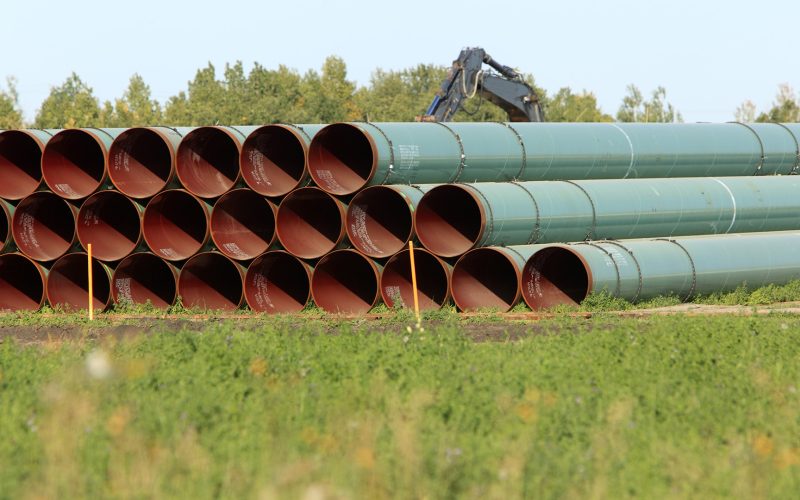THE VOICE FOR THE ENERGY CONSUMER
National Journal asked David Holt to weigh in on the political liability of the EPA regulations on coal power plants. Here is what he said: “When it comes to a.

Mobile, AL was the site for the Gulf Coast energy forum. Consumer Energy Alliance partnered with PACE to host the forum on the future costs of energy in the Southeast..
Mobile, AL was the site for the Gulf Coast energy forum. Consumer Energy Alliance partnered with PACE to host the forum on the future costs of energy in the Southeast..
MassLIVE.com features a guest viewpoint from Consumer Energy Alliance on the future costs of energy in New England. Guest viewpoint: Dramatic change needed for energy consumers June 07, 2014 By.
Washington, DC – Consumer Energy Alliance, an advocate for energy consumers, released the following statement today reacting to the Environmental Protection Agency proposing a 30% reduction in carbon emissions from.
Washington, DC – Consumer Energy Alliance, an advocate for energy consumers, released the following statement today reacting to the Environmental Protection Agency proposing a 30% reduction in carbon emissions from.

Writing for Real Clear Energy, Consumer Energy Alliance President David Holt, discusses how shale gas development is helping to boost the economies of rural communities throughout the United States. Learn.
Houston, TX – One of the nation’s leading energy and risk management experts, Brian Welch, joins the Consumer Energy Alliance nine person board of directors, the organization’s President, David Holt,.
Originally answering a question from National Journal, Will Midterms Move the Needle on Energy Issues?, CEA’s David Holt urges the U.S. Senate to structure an Energy debate under the same.

Little Rock, Arkansas – Members of Arkansas’ Congressional Delegation joined with state lawmakers, business and labor leaders this morning in front of 350 miles on 80 acres of steel pipeline.